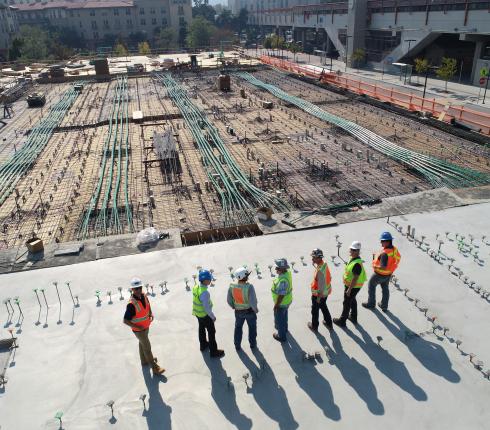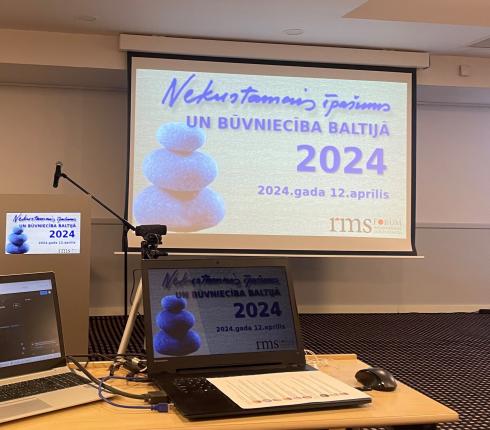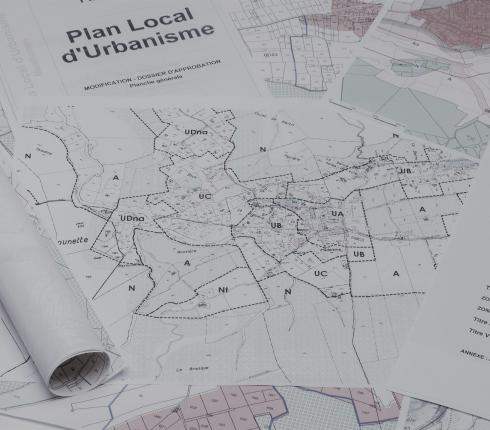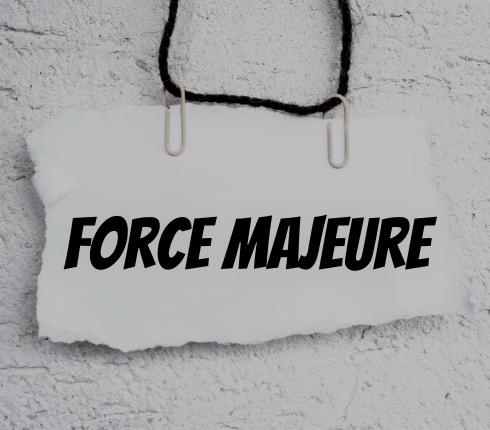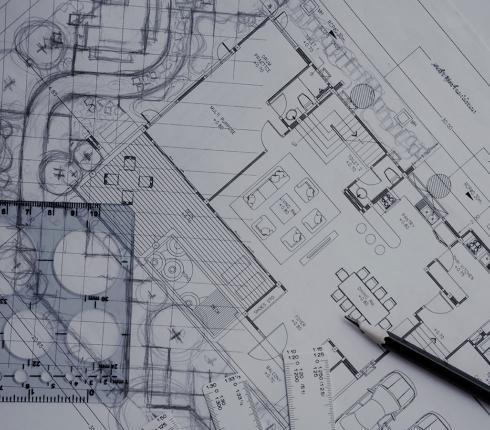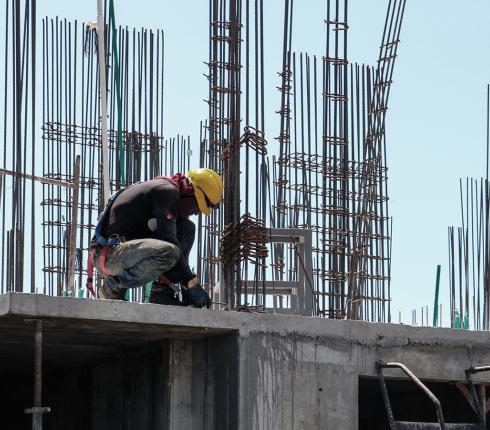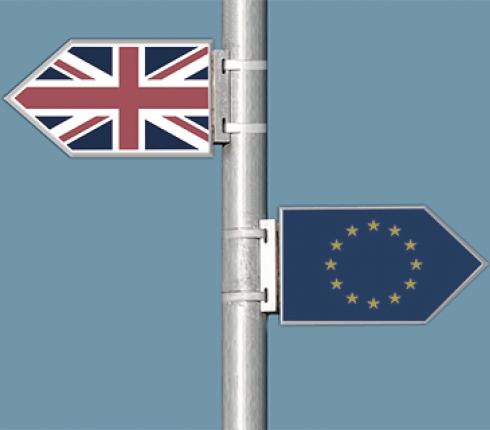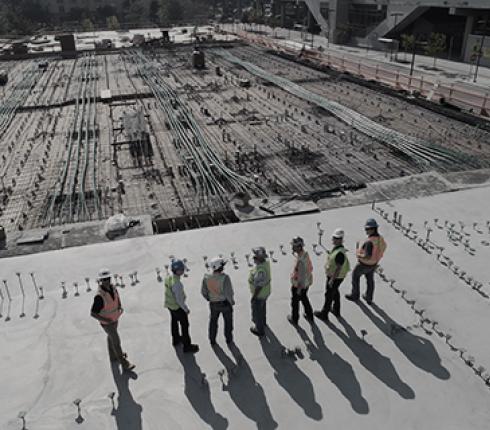Notarial remote authentication has arrived to stay
For certain transactions to be valid, Estonian law provides for a mandatory notarial form. Remote authentication is equivalent to authentication in the presence of a notary. Remote authentication is arranged by a notary based in Estonia through a video connection enabled via the e-notary information system. Except for marriage and divorce, it is possible to carry out all transactions by means of remote authentication.

Remote authentication is not just a temporary solution
Due to the lockdowns during the pandemic, remote authentication often proved to be the only way to carry out a notarial transaction. In 2020, 6% of all notarial acts were performed by remote authentication. However, in the first quarter of 2021, the number has increased to 8% already. Remote authentication has proved to be a convenient and effective way to perform transactions or other notarial acts without leaving home, office or abroad, including buying, selling, or encumbering real estate making a will, submitting succession-related applications, notarising powers of attorney.
It is possible to participate in a transaction in person or issue a power of attorney by remote authentication. In addition to significant time savings, a power of attorney that a person based abroad issues through remote authentication needs not to be certified by an apostille or legalised or translated. Thus, the possibility of remote authentication is also crucial for people with reduced mobility, who can participate in transactions only if a notary comes to their place. It is important to note that e-residents can also carry out all transactions by means of remote authentication. There are already more than 73,000 Estonia’s e-residents in 173 countries. Read more about e-residency: https://www.e-resident.gov.ee/
Remote authentication possibilities expanded
Some important innovations have entered into force in the regulation of remote authentication.
• So-called hybrid authentication is possible
Before 07.09.2021, it was possible to make a transaction only so that all participants and the notary participated in the authentication in a remote authentication environment or all participants were on site at the notary's office. In practice, however, situations arose where some participants could not participate in remote authentication (for example, due to the lack of the possibility of digital signing) or would have preferred to go to a notary's office and the other participant could not come to the notary's office or to Estonia at all. Now it is possible to participate in the same transaction at the same time, both physically and via a video bridge. The notary ensures that all parties to the transaction communicate with each other and with a notary using technical means.
• All notarial acts can now be performed at foreign missions (embassy or consulate), except for the certification of marriage and divorce
As of 01.02.2020, remote authentication was only possible at a foreign mission as a pilot project and the list of notarial acts was limited. However, in view of the COVID-19 pandemic, the Ministry of Justice decided to extend the possibility of remote authentication. With the amendments that entered into force on April 6, 2020, it was possible to perform all notarial acts by remote authentication, except for the certification of the contraction of marriage and divorce, but only if the participant was located other than at the foreign mission. Thus, the possibilities for remote authentication at a foreign mission were more limited than when you were anywhere else during the remote authentication. For example, in order to buy or sell real estate, an authenticated power of attorney could be made by means of remote authentication at a foreign mission, but the real estate transaction could not be done in person. It is important to know that now the notary cannot refuse to authenticate a document remotely if the client is in a foreign mission for that purpose. However, in the case of locations other than at a foreign mission, remote authentication is optional for a notary and the notary has the right to refuse to authenticate. If there are no technical means to execute a transaction (i.e. suitable computer or digital signing tools), but a valid ID card and PIN codes are available, then remote authentication at a foreign mission would be a solution.
• Remote authentication testing was created
Previously, there was no way to verify that the computer had all the necessary applications and technical readiness for remote authentication before the transaction started. The obstacles became clear only at the beginning of the transaction, and the transaction may have not been executed at the time it was booked for. The test environment launched this summer allows testing of digital signatures, webcam and microphone performance, internet connection speed, and firewall restrictions. You can test your readiness for remote authentication by logging in to the self-service portal of the Chamber of Notaries: https://tara.ria.ee/auth/init?login_challenge=a39be04d0963468ab7aeace03…
If you are planning a remote authentication, please note:
• Remote authentication requires an ID-card, digital ID, mobile ID, residence permit card, or an e-resident's digital ID of the Republic of Estonia. The self-service portal of the Chamber of Notaries can also be accessed with SmartID and an eID card of a Member State of the European Union, but it is not possible to sign with them.
• A webcam and microphone-equipped computer configured for Google Chrome, Firefox, or Microsoft Edge (Internet Explorer and Safari are not suitable) and an installed and enabled ID-card functionality are required. In the testing environment of the Chamber of Notaries, it is advisable to check the technical readiness for remote authentication in good time before the transaction.
• At the moment, it is possible to carry out remote authentication at five Estonian foreign missions only – Helsinki, Stockholm, Brussels, Riga, and London.
• Remote authentication with a participant located other than in a foreign mission is not obligatory for a notary.
• A notary fee of EUR 24 is added when performing an act by remote authentication. In the case of remote authentication at a foreign mission, the state fee paid to the foreign mission is EUR 30.
• The original documents (power of attorney and any other original documents necessary for the transaction) must be delivered to the notary's office by the time of remote authentication. However, remote authentication of a power of attorney is carried out in digital form, and then there is no need to send documents by courier or similar means.
• All participants of remote authentication must log in via a separate self-service portal, even if they are in the same room.
• In the case of so-called hybrid authentication, the notary and some of the parties to the transaction are in the office and the participant by remote authentication communicates with them through the video bridge. Those present do not need to have the ability to sign digitally and they sign the original document in a paper form.
• Prior to the agreed transaction, the self-service portal of the Chamber of Notaries should be entered 10-15 minutes in advance, as Veriff’s facial recognition services are used to establish the identity of the participants. During facial recognition, the original identity document must be presented, i.e. printed copies and photographs are not allowed.
• If necessary, the notary can interpret the document to be authenticated orally in a foreign language (mostly English or Russian), but this possibility should definitely be explored by agreeing on a transaction. An interpreter selected by the participant (in the conditions of a new hybrid authentication, either by remote authentication or by being in a notary's office) can also participate in remote authentication.
Link in English https://www.notar.ee/en/teabekeskus/kaugtoestus







